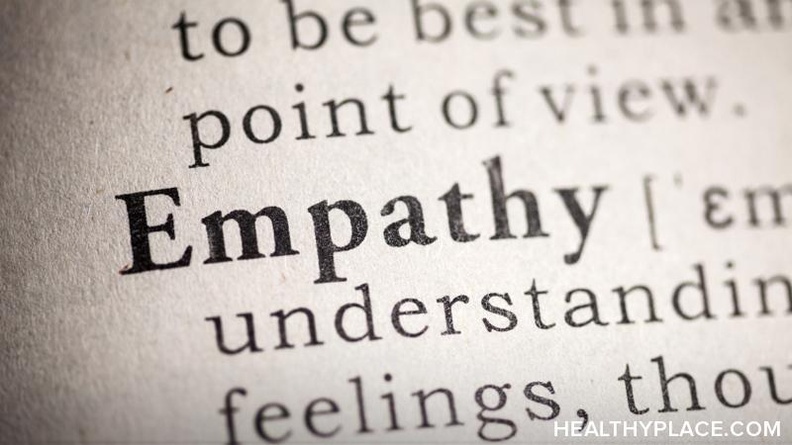I Have More Empathy After Sustaining Verbal Abuse

There was a time in my life when I was irate and unhappy with my environment and everyone around me. I would lash out at the slightest inconvenience and feel justified in my actions because of my trauma. I continued this behavior until I started therapy. After years of extensive therapy, I’ve realized those actions were not helpful, and I feel more empathy after verbal abuse than before it.
Verbal Abuse and Feeling Empathy Is About Finding a Common Ground
Although I still carry around some negative feelings from my verbally abusive past, I try not to let them cloud my judgment. Unfortunately, that doesn’t always happen. Sometimes I have bad days where I may snap or get upset when facing a minor situation, but generally, I tend to be more empathetic when someone is not cordial or agreeable.
I like to keep the old quote in my mind to be kind because everyone you meet is fighting their own battle you know nothing about. The origins of this saying go back to around Socrates’ time, but the premise still rings true today. Empathy for someone angry or rude to you in a tense situation extends the grace they never received from someone else.
I try to remember that the upset person at the grocery store who yelled at me could have just escaped an abusive relationship and are fearful of what lies ahead.
Empathy Is Not an Excuse or Forgiveness
Some people may view empathy towards others who act out as allowing them to continue their negative behaviors. It is vital that no one accepts empathy as an excuse for treating others badly or forgiving their harmful actions. When I apply this grace to others, I feel better about myself.
I am not continuing the cycle of abuse by using the person’s misdirected anger to lash out at someone else. I don’t carry their hurtful words around with me as I used to in the past.
I’ve learned that it is all about what I can control. Since I cannot control how others talk to me or treat me, I can control the situation I am in, and I can control my response to such negative comments.
So, the next time someone says something hurtful to you, remember your options to handle the situation with empathy and understanding. The other person may be hurting deeply inside and unable to process their trauma well. You can move forward more positively without letting it pull you back.